A common experience among the survivor community is the phenomenon of “waking up.” Waking up is the realization, often sudden, that the treatment one received within a program was wrong, immoral, and even abusive. It can be a disorientating, uncomfortable, and emotional process both for the survivor and for their loved ones, as they quickly shift from a positive or neutral view of the program to a negative one and begin to acknowledge and cope with the trauma they experienced.
Abusive programs work hard to get their subjects to believe the abuse is normal or justified, often through a regime of “seminars” and “therapy” that is aimed at destroying the self-worth and independence of survivors. Students are bombarded with messaging that they are unloved and unlovable, that they deserve their abuse or that traumatic experiences were their fault, and that the program is saving their life so they should be grateful to their abusers. Attack therapy, LGAT (large group awareness training) seminars, cultish love-bombing and jargon, and other fringe practices are presented as normal and mainstream, and survivors often have no way of knowing the truth.
This can engender a sense of trust and gratitude towards the program and causes many survivors to realize they are being abused even as the abuse is occurring. Often, some piece of the psyche understands the true situation, however. A thought-stopping pattern arises, where doubts about the program are subconsciously suppressed to avoid the cognitive dissonance inherent in the situation.
Sometimes, these thought-stopping patterns are not sufficient once a survivor joins the survivor community and is exposed to frank discussions of the practices and circumstances within the program. Hearing someone else describe the program in realistic and honest terms can provide a new paradigm with which to view the experience – a paradigm which can prove hard to deny. This seed of doubt can grow and blossom in the mind into the realization that one was abused.
This starts the “waking up” process. Survivors often begin to mentally review their memories of the program, examining each scenario with their newfound clarity. They begin to question long-held assumptions. This can be an extremely painful process. Some survivors may struggle with mental and emotional well-being during this time and may be prone to outbursts and become disruptive, or they may become withdrawn and depressed as they begin to cope with the reality of their trauma.
While not every survivor has this experience, since some either remain aware of the abuse during their program stay or come to this same clarity very soon after leaving, waking up is an extremely common occurrence among survivors, and may not occur for years or even decades after leaving the program. Sometimes, the longer one has been out of the program, the more intense waking up can be. Because this situation, and the resultant emotional turmoil, may be completely uncontrollable for a survivor, it’s important to be understanding, compassionate, and empathetic with those who are waking up.


